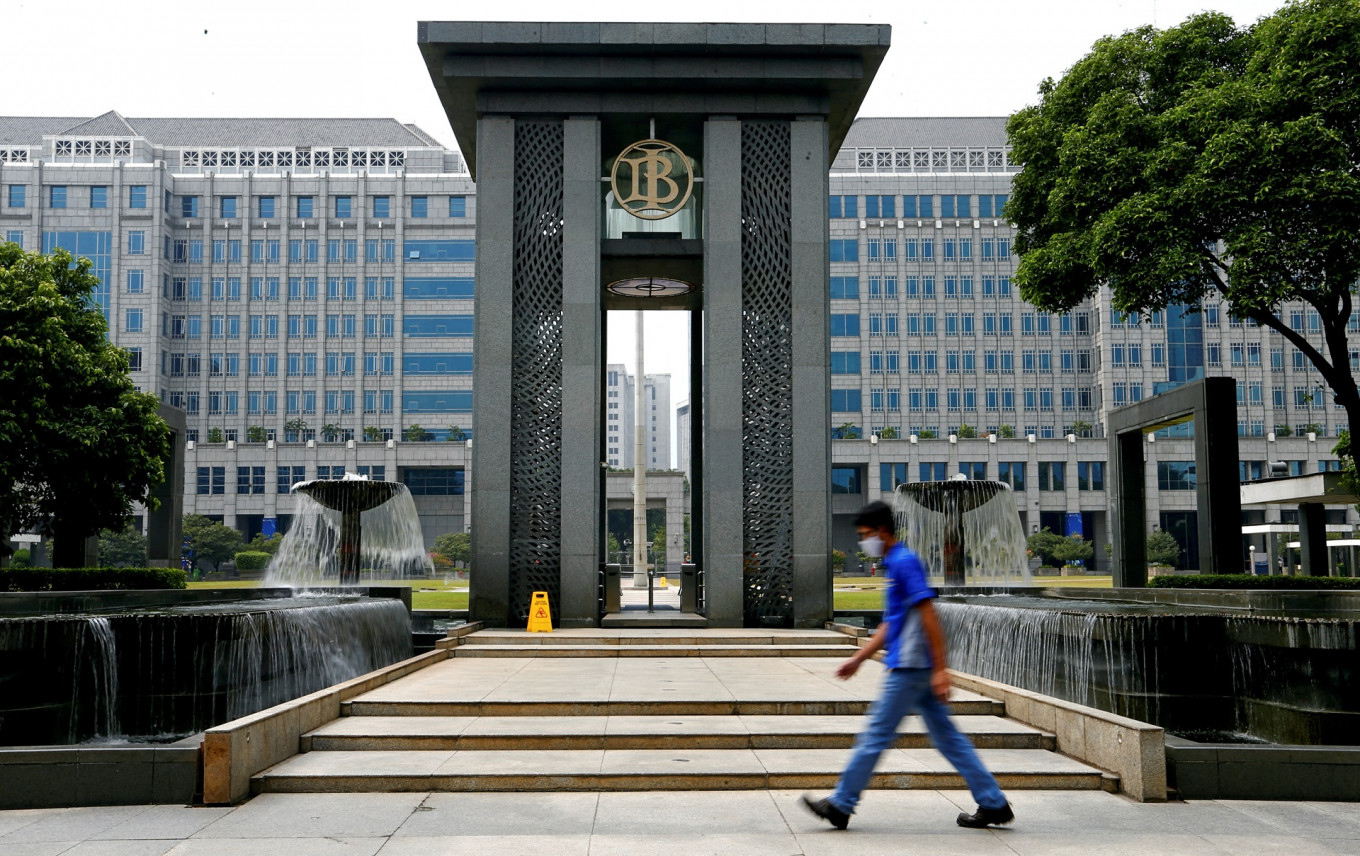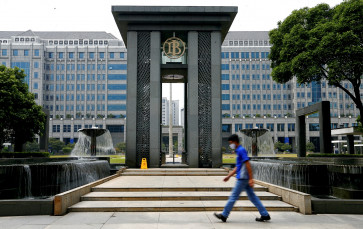Popular Reads
Top Results
Can't find what you're looking for?
View all search resultsPopular Reads
Top Results
Can't find what you're looking for?
View all search resultsEradicating greenwashing: The ESG dilemma in financial services
Financial institutions must work hand-in-hand to integrate ESG policies into the entire life cycle of financial products and services.
Change text size
Gift Premium Articles
to Anyone
I
n today’s global financial practice, the adoption of environmental, social and governance (ESG) initiatives has multiplied in the financial sector such as in banking, insurance, pension funds, private equities and other institutions in response to heightened demand for sustainability disclosures.
ESG principles provide a framework to operate a business more ethically and responsibly due to their impact on the environment, society and governance. However, over the past two decades, these principles have faced even greater challenges and potential disputes. Increasingly prevalent cases of fraud, scandals and manipulation due to profiteering and greenwashing have occurred in the financial sector. Sustainable labels become mere buzzwords to win market share. The context of greenwashing in sustainability-related businesses is embraced by financial companies as a tool to present a better, more grandiose image and reputation, typically by focusing on what will look good irrespective of the true content or the subject.
Indeed, the rise of sustainable finance has attracted more investors, who are often willing to pay extra for more sustainable products. McKinsey's report in 2023 stated that 40 percent of United States investors were interested in buying sustainable products. Global ESG investment is expected to grow 18.8 percent in five years from now, the ESG market size is currently estimated at US$17.2 trillion and will be $46.5 trillion by 2030. The increasing demand yet lack of accurate information and comprehension about sustainability have increased skepticism about the financial sector. For example, the case of misuse of corporate social responsibility (CSR) funds allegedly related to corruption at Bank Indonesia has alarmed the public. This case has eroded public trust in the financial sector in Indonesia and its supervisors.
Reuters reports that the number of cases of greenwashing by banks and other financial services companies soared by 70 percent in 2023 to 148 cases. The Network for Greening the Financial System in 2021 also warned that the emerging risk for the financial sector is greenwashing behavior. Greenwashing practices generally involve misleading ESG claims, overstating the sustainable achievement to improve image and branding, gaining short-term financial benefit, cherry-picking ESG ratings and manipulating the metrics to perform well.
A recent study suggests that 16 percent of greenwashing claims are directed at financial institutions. Investors might become skeptical, mistrustful and then divest from companies accused of greenwashing, which potentially could hinder access to capital and lead to higher borrowing costs, where in the end, the companies might pay a much higher cost of regaining trust and suffer negative long-term repercussions.
An effort to reduce greenwashing can be made by including independent third-party audits for ESG reports, which are mostly self-made by companies. Audits of these reports are rare, even in developed countries. In Indonesia, several accredited agencies such as the Indonesia Institute of Accountants (IAI), the Big Four audit companies, Bureau Veritas and SGS Indonesia are authorized to certify ESG reports to ensure the reporting standards and verify the accuracy of ESG disclosure. However, only prominent companies such as multinational companies and top-listed state-owned enterprises (SOEs) use these specific audit services. Smaller companies already have a hard time publishing ESG reports, let alone asking for audit services, which can be costly.
In Indonesia, the sustainable finance road map has been provided to direct financial institutions to integrate ESG programs into their operations and investment practices, through Financial Services Authority (OJK) Regulation No.51/2017 that has adopted Global Reporting Initiatives (GRI) and Task Force on Climate-related Financial Disclosure (TCFD) standards.



















